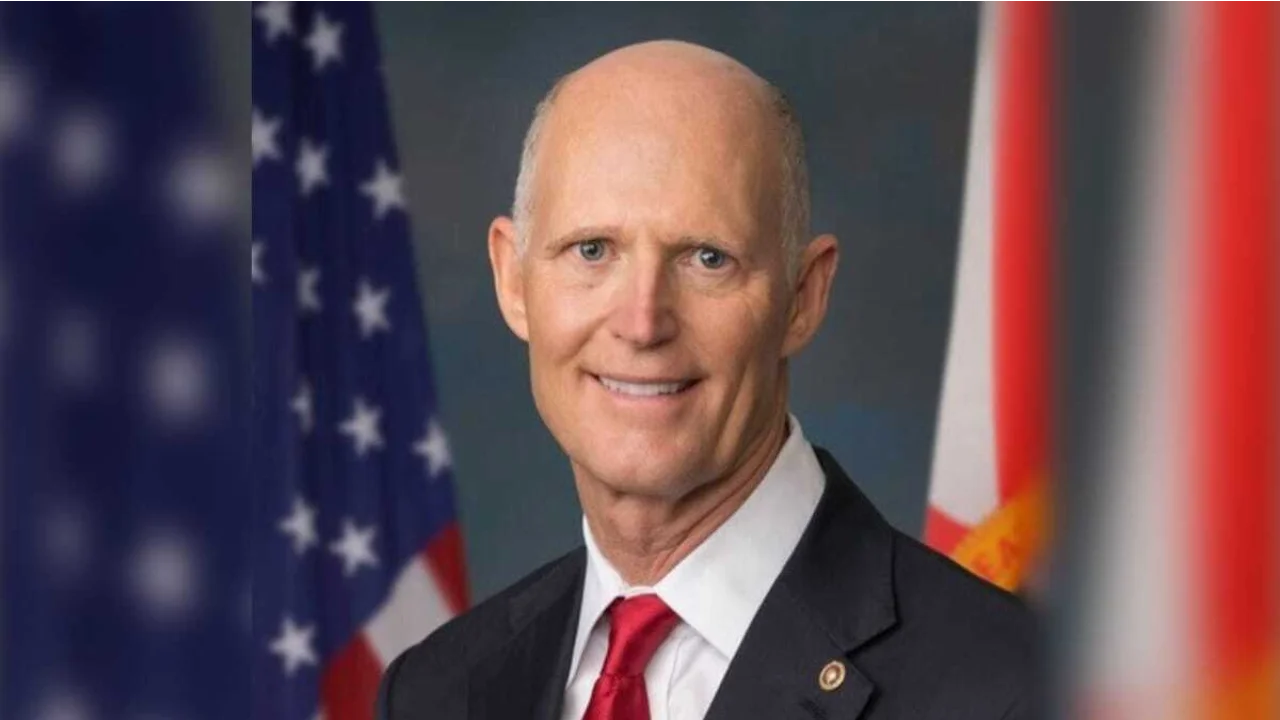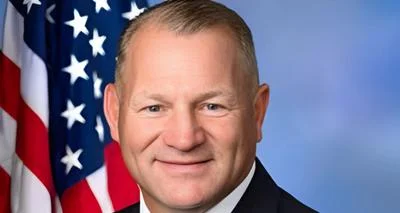Senator Rick Scott, chairman of the U.S. Senate Special Committee on Aging, has called for action from the Department of Commerce and the Office of the U.S. Trade Representative regarding the nation’s reliance on foreign-made generic drugs. In a letter to Commerce Secretary Howard Lutnick and U.S. Trade Representative Ambassador Jamieson Greer, Scott urged consideration of Section 232 tariffs on imported generics as part of efforts to advance President Trump’s America First agenda and protect national interests.
Scott highlighted concerns about dependence on countries such as China for active pharmaceutical ingredients (APIs), noting that this overreliance poses risks to both national security and public health, especially for seniors. He referenced recent committee hearings addressing these vulnerabilities in the pharmaceutical supply chain and announced another hearing scheduled for October 8 aimed at identifying solutions.
The letter stated: "Thank you both for your leadership in advancing President Trump’s America First agenda and protecting Americans from foreign adversarial threats. I am proud to work with you and the entire administration to advance these shared goals."
Scott continued: "In pursuit of this goal, I urge you to take decisive action in the Section 232 investigation into U.S. dependence on imported pharmaceuticals."
He pointed out that generics account for 90% of prescriptions filled in the United States, with 70–80% using APIs sourced from China and India. According to Scott, about 75% of essential drug supply is dependent on overseas manufacturers, and approximately 83% of top generic drugs consumed by Americans have no domestic API source.
"Cancer drug shortages, heparin supply disruptions, and instability in antibiotics and injectables demonstrate the risks this overreliance poses to the American people," Scott wrote. He cited a study showing that foreign generics “were associated with a 54% greater risk of serious adverse events – including hospitalization, disability, and death – compared with equivalent domestically made medicines.” The letter also mentioned that most hospital pharmacists would pay more for domestically produced generics.
Scott warned about possible export restrictions by China based on previous actions related to rare earth elements during trade negotiations: "We’ve also seen China place export restrictions on rare earth elements over trade negotiations before, and there’s no reason they can’t do the same for pharmaceuticals."
To address these issues, Scott requested immediate application of Section 232 tariffs or a phased-in tariff regime within twelve months: "To address this ongoing threat, I respectfully request the immediate application of Section 232 tariffs on foreign generic medicines (including active pharmaceutical ingredients and key starting materials), or at a minimum, a public commitment to a phased-in tariff regime that places generics on the same tariff footing as other imported pharmaceuticals within 12 months."
He concluded: "I sincerely appreciate your outstanding leadership and stand ready to work with you and my colleagues in support of a secure national medicine supply. To protect Americans’ health and safety, it is critical that we take action to ensure they can buy quality, generic drugs."








